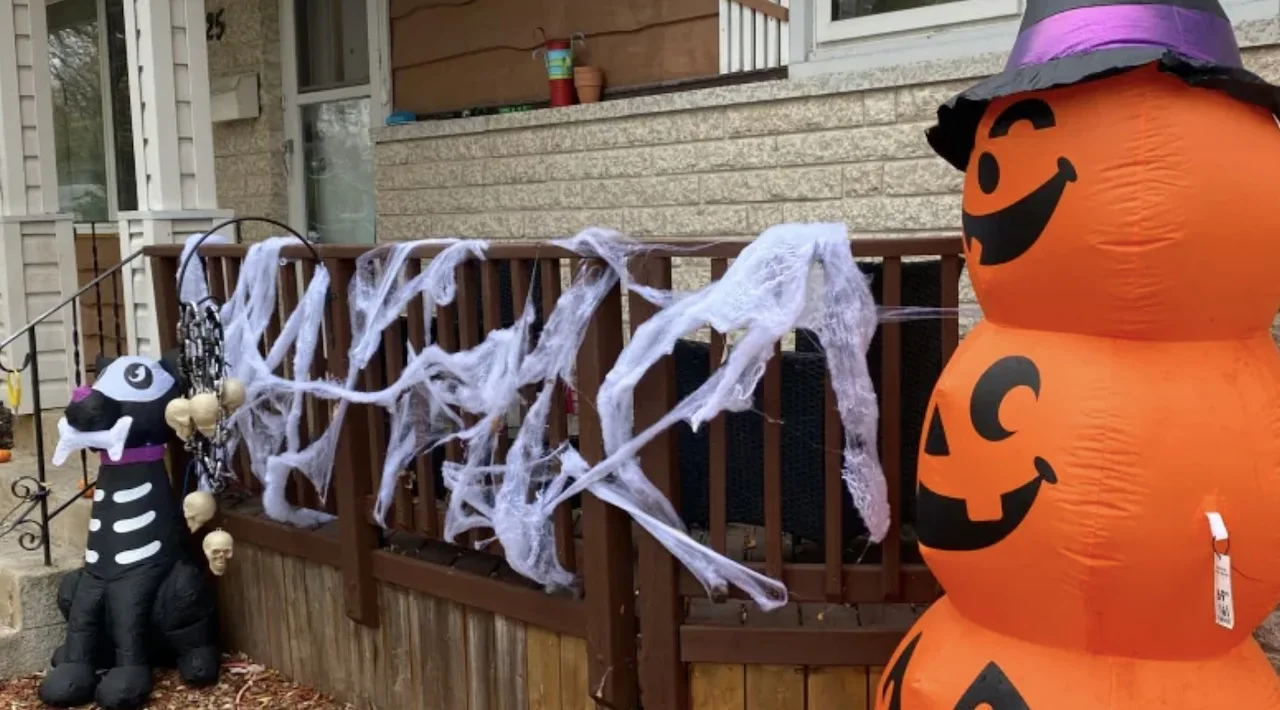
Some Halloween traditions harmful to wildlife, rescue centre warns
Spooky season is upon us — but for wildlife, some Halloween traditions can be downright terrifying and dangerous.
That's why one rescue organization is asking people to reconsider setting off fireworks and putting up certain decorations for Oct. 31.
"Halloween is just such a difficult time for animals. There's so much human activity and loud noises," said Gyl Anderson, manager of wildlife rehabilitation at the MARS Wildlife Rescue Centre in Merville, near Courtenay, B.C.
SEE ALSO: Trick or treat? Canada's wicked, record-setting Halloween weather
She said fireworks are distressing and disorienting to wildlife, especially birds, and cause them to fly around erratically and to flee from their nests or dens.
"We definitely see more wildlife admitted due to trauma from collisions with vehicles, windows and even trees or walls or fences," Anderson said.
"Even though it may seem like one night of fireworks, that does have lasting effects as well… [Animals] will often show signs of stress for days afterwards."

Some Halloween decorations pose a hazard for wildlife, says Gyl Anderson, manager of wildlife rehabilitation at the MARS Wildlife Rescue Centre. Birds and small creatures, like squirrels, can get tangled up and trapped in fake spider webs, for example. (CBC / Radio-Canada)
Anderson says decorations like fake spider webs also pose a hazard for wildlife. Birds and small animals, like squirrels, can get tangled up and trapped in the material.
"The materials aren't usually very highly visible to birds, especially, and it's very easy for them to become entangled," she said.
The City of Vancouver passed a bylaw last year saying the sale and use of fireworks are no longer permitted by the general public.
But Anderson says firework use is hard to control even when a ban is in place or a permit is required in other municipalities. She just hopes people are mindful of wildlife.
"It can be difficult to enforce those bylaws, so it really does need to be a shift that is driven by the people," she said.
"People are starting to recognize that it's just short-term enjoyment with long-term effects on the wildlife and the environment."
With files from All Points West.
The story was originally published by CBC News on Oct. 26, 2021.










